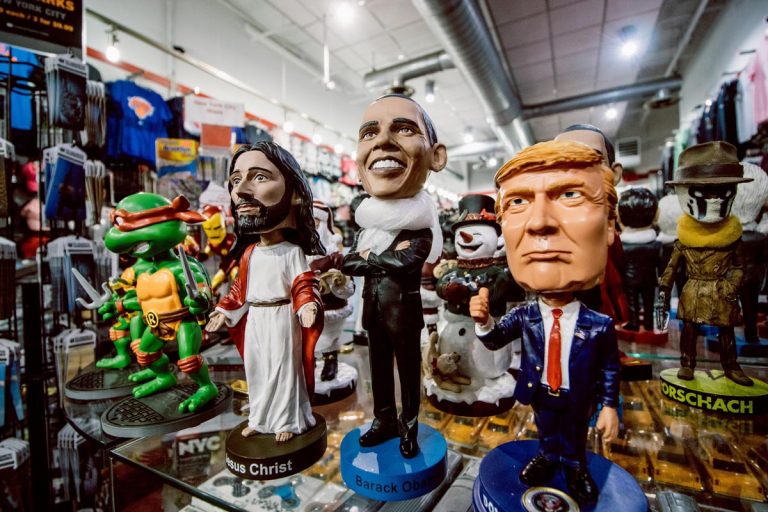What are deepfake memes?

Memes have now become an integral part of internet culture. Who goes a day without scrolling through memes? Probably very few people. Now, what about deepfakes? While the fairly recent technology, which consists of replacing a person’s face in an existing image or video with someone else’s likeness, remains linked to scarily realistic videos mainly used to spread fake news, deepfakes are slowly invading the world of memes. So what are deepfake memes exactly and could they represent the future of meme culture?
What are deepfake memes?
Memer Grace Windheim had heard of deepfakes before but she had never thought of making one. That was until she stumbled upon a viral meme using the technology. After seeing it, she started to research the possibility and discovered that it was super easy and completely free.
Speaking to the MIT Technology Review, Windheim explained that within a day, she had created a step-by-step YouTube tutorial to walk others through the process. “Making one of these deepfakes and overlaying audio is not as complicated as you may think,” she says in the video, published on 4 August 2020. Since then, it has been viewed over 360,000 times.
How to make a deepfake
Windheim is not the only person who saw the meme potential in deepfakes. A new group of online creators are now playing around with deepfakes as the technology grows increasingly accessible. Deepfakes are the future of internet and meme culture. Think about it, memes are a simple manipulation of images and videos that turn pop culture into parody. While this recent phenomenon is not that surprising, it also raises new concerns about its potential for abuse.
Previously, deepfakes have been used to spread misinformation or even harass women by nonconsensually swapping their faces into porn videos. For now, the use of deepfakes when creating memes stays relatively harmless. But what if someone crosses that fine line between entertainment and harm?
Windheim, who works as a content creator at the San Francisco–based meme-maker startup Kapwing, told MIT that she first came across a particularly viral search term on Google Trends: “Baka Mitai deepfake meme.” She then started looking into it and found that this specific meme was based on a video of a YouTuber lip-synching to a Japanese video-game song called ‘Baka Mitai’, which translates into ‘I’ve Been a Fool’.
As it turns out, many internet users had used the video to create poorly-done deepfakes of literally everyone. From Barack Obama to Thanos, everyone was ‘singing’ that song. Despite the deepfake meme’s popularity, Windheim didn’t find much information on how exactly people made these videos. As the mind behind Kapwing’s YouTube channel, she saw the potential of filming a video on how to create deepfakes in simple steps.
Windheim found the particular open-source algorithm that people were using, which came from a 2019 research paper presented at NeurIPS, the largest annual AI research conference. Unlike others, this algorithm allows a user to take any video of a person’s face and use it to animate a photo of someone else’s face easily.
Windheim created her own deepfake video and synched it with Kapwing’s tools, creating a new and improved version of the meme. After she posted her tutorial on YouTube, more tutorials using the same copy-and-pasted algorithm started popping up. But where Windheim only taught viewers how to create the same meme deepfake, only better, many Youtubers are now teaching their audience how to make any kind of deepfake meme.
Deepfakes are the memes of 2020
These memes are now appearing everywhere on social media, especially on TikTok. The platform’s #deepfake hashtag has already racked up more than 150 million views. For now, deepfake memes remain easy to recognise, as the faces used have a strange wonkiness to them. But at the rate that the technology is advancing, the likelihood of being able to create perfect and easy to make deepfakes might just be around the corner.
What’s next for deepfake memes?
Chinese tech giant Tencent, owner of WeChat and a stake-holder in Fortnite, has already announced its intentions to invest more resources into advancing deepfakes for commercial applications. While nothing can be said for sure just yet, it certainly looks like deepfakes are the next big thing. Whether this is problematic remains to be seen but then again, which leads us to question, will this tip privacy rights into a worrying direction?





